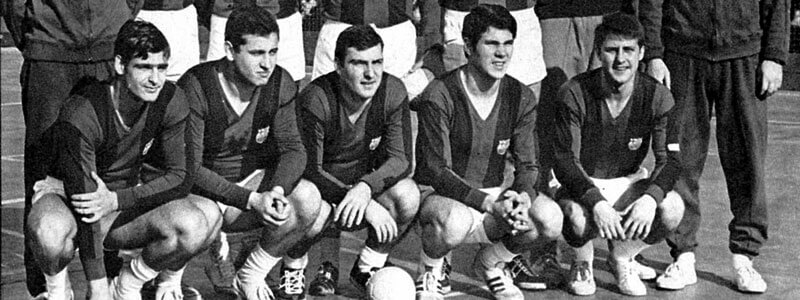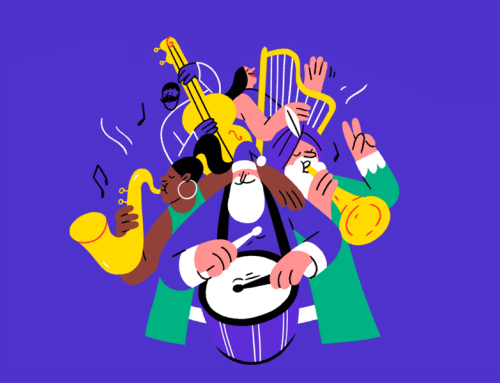Immediately after the costly refit of FC Barcelona’s Camp Nou stadium was trumpeted last month, old-timers pulled out the history books to offer a stern warning. After Camp Nou was first inaugurated sixty years ago, the team won a single league over the next 25 years. Though the figures are exaggerated (it was 23, from ‘61 to ‘84), the point is clear. Spend your money on a chic façade, comfy seats, snazzy toilets, spiffy restaurants – anything but quality players – and you run the risk of making Barça what it used to be: a beautiful loser.
The glut of 21st century trophies and the magic of Messi can easily make us forget that the grandeur of Barça was forged in those losing years, and not by winning. This was how it was possible to imagine being “more than a club”, to be proud of having no sponsor on the shirt (until Qatar), to flaunt the biggest stadium in Europe. Barça’s greatness was blinding, like when former president José Luis Nuñez opened a speech at city hall with these words: “It’s a pleasure to be here with the mayor of the city that takes its name from our club.”
Barcelona is Barcelona, then, club and city. And more than a mere symbol of downtrodden Catalan identity. Indeed, for years classic Catalan victimism had one of its best-case scenarios in FCB’s insistence on regularly coming second to a certain team in Madrid (still today Barça has been runner-up more times than first).
That Franco wielded his rod through most of the lean years meant that every uncalled penalty in favour, every unwarranted red card against, was seen as the long arm of anti-Catalan totalitarianism channeled through the referee’s whistle. That’s why it became more essential to triumph in the superclásico than anything else, and why this preference for winning battles and losing wars has endured to the present. Beating Madrid is such a tasty plum that the thought of not being able to partake of it – like in an independent Catalonia with its own competition – weighs heavy on even the most headstrong separatists. “We are going to live in our own sovereign nation”, they insist, “but could we please keep playing in the Spanish league?”
Usually when you win like crazy, in conventional sports wisdom, moral victories matter less. You should not need to be superior at anything else, like quality of play, niceness or business acumen. Barça fans convince themselves they are better at all three, in spite of electing highly iffy empresarios as club presidents, shysters who don’t come close to representing FCB values. Núñez, a hardcore PP supporter, was recently jailed for bribing tax inspectors; Gaspart was another ultra-conservative who blew his own inherited fortune and drove the team into debt; more recently Sandro Rosell, who could not put three intelligible words together, acted like a puppet in the hands of big money interests (resigning as soon as his own shenanigans were found out). Barça has a mess of legal battles underway (tax evasion, fraud, spying), signs of flagrant executive incompetence that are all argued away by saying some biased judge in Madrid is at it again.
The real talent of FCB as it now stands, in all its greatness, is thus double. For one, these incredible guys on the field, doing their stuff week after week, are an extraordinary testimony to sporting excellence. But there is also the talent of being able to do all that while so much off the pitch is so plain screwy. If Futbol Club Barcelona is proving to be the best team of the 21st century, it is also proof that you do not need to be remotely coherent with past traditions or purported standards to lift those trophies again and again.








